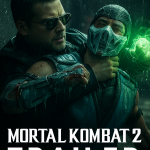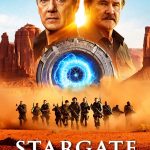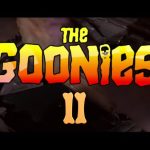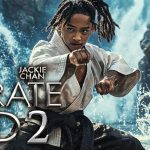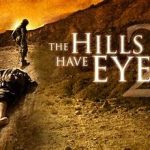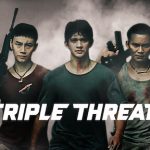𝐎𝐧𝐜𝐞 𝐔𝐩𝐨𝐧 𝐚 𝐓𝐢𝐦𝐞 𝐢𝐧 𝐭𝐡𝐞 𝐖𝐞𝐬𝐭 (𝟏𝟗𝟔𝟖)
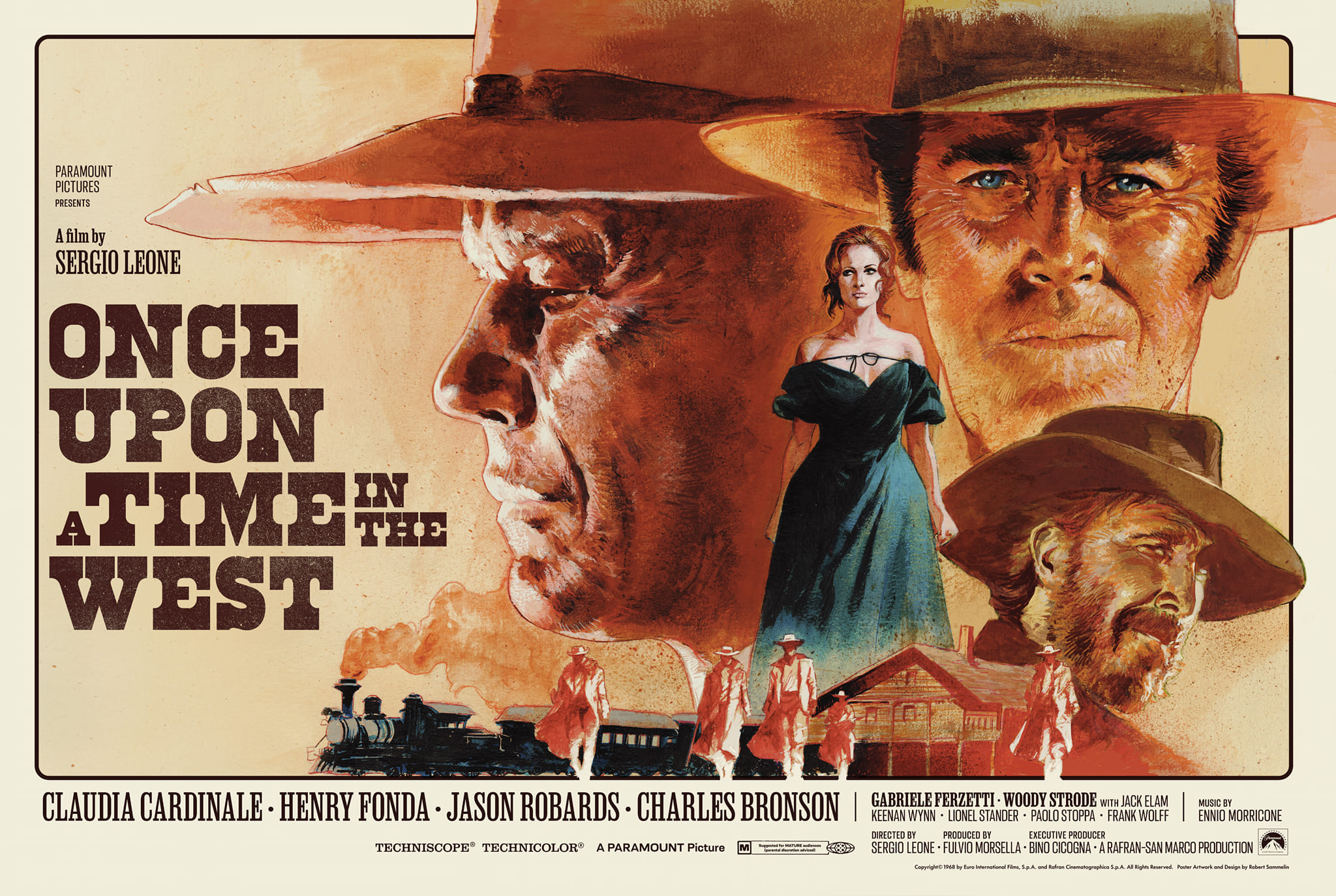
![]() 𝐎𝐧𝐜𝐞 𝐔𝐩𝐨𝐧 𝐚 𝐓𝐢𝐦𝐞 𝐢𝐧 𝐭𝐡𝐞 𝐖𝐞𝐬𝐭 (𝟏𝟗𝟔𝟖)
𝐎𝐧𝐜𝐞 𝐔𝐩𝐨𝐧 𝐚 𝐓𝐢𝐦𝐞 𝐢𝐧 𝐭𝐡𝐞 𝐖𝐞𝐬𝐭 (𝟏𝟗𝟔𝟖)
Once Upon a Time in the West (1968) is a masterpiece of the Spaghetti Western genre, directed by Sergio Leone. Known for its epic scope, dramatic storytelling, and iconic music, the film is widely regarded as one of the greatest Westerns ever made.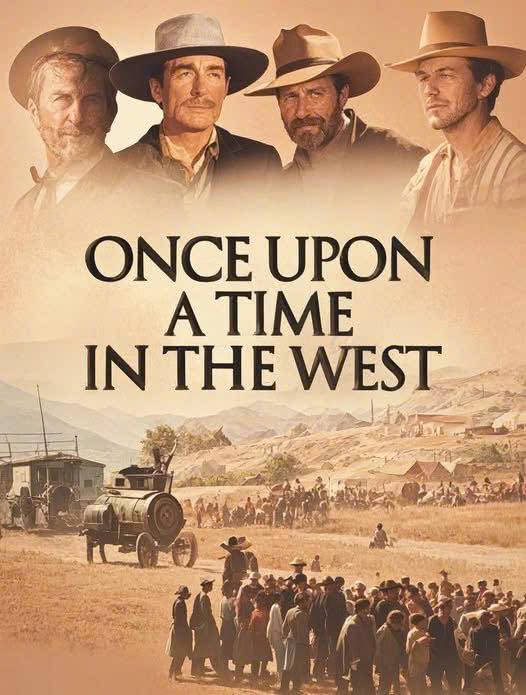

Set in the American frontier, the story revolves around the battle for control of a piece of land vital for the expansion of the railroad. At its center are four main characters: Harmonica (Charles Bronson), a mysterious stranger seeking revenge; Jill McBain (Claudia Cardinale), a widowed former prostitute; Frank (Henry Fonda), a ruthless hired gun; and Cheyenne (Jason Robards), an outlaw with a heart of gold. 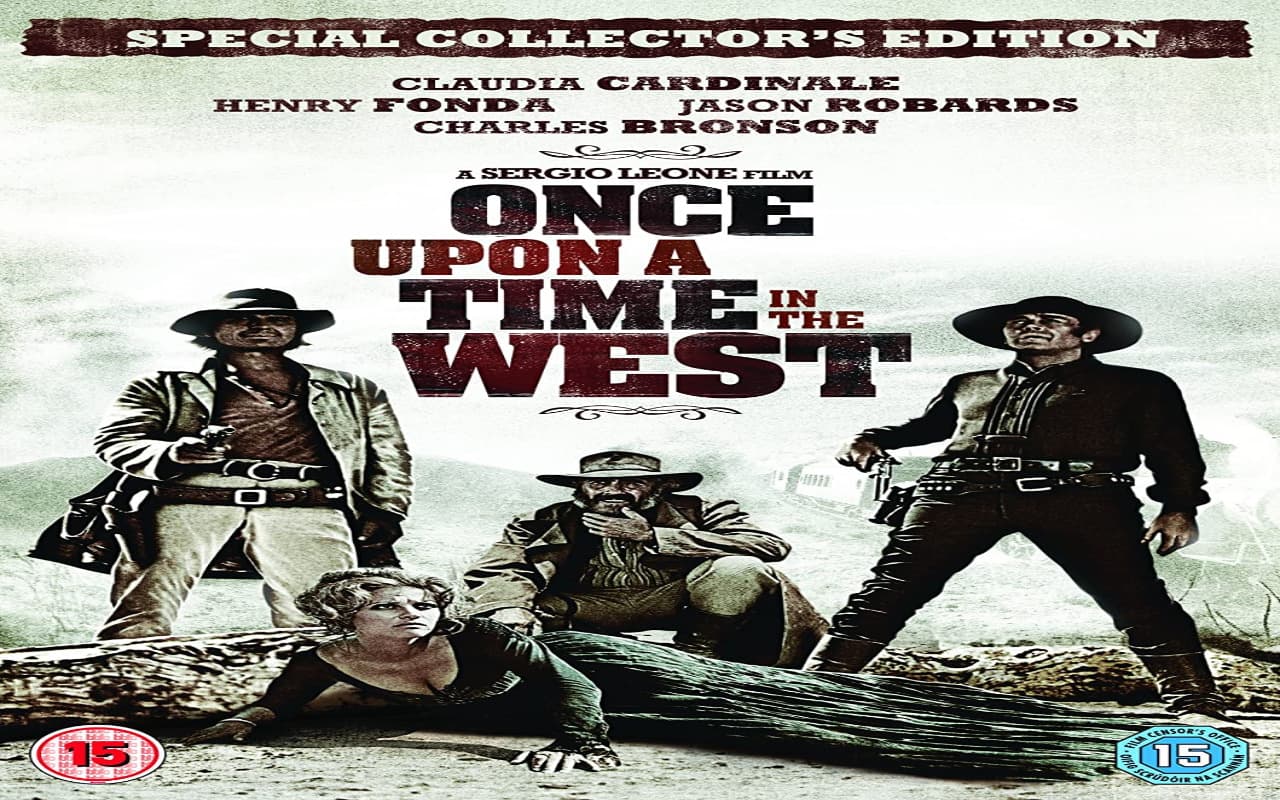 Their paths intersect in a tale of greed, betrayal, and vengeance, with Harmonica and Frank locked in a deadly feud.
Their paths intersect in a tale of greed, betrayal, and vengeance, with Harmonica and Frank locked in a deadly feud.
 Their paths intersect in a tale of greed, betrayal, and vengeance, with Harmonica and Frank locked in a deadly feud.
Their paths intersect in a tale of greed, betrayal, and vengeance, with Harmonica and Frank locked in a deadly feud.Leone’s signature style shines through in the film’s sweeping landscapes, slow-burning tension, and morally complex characters. 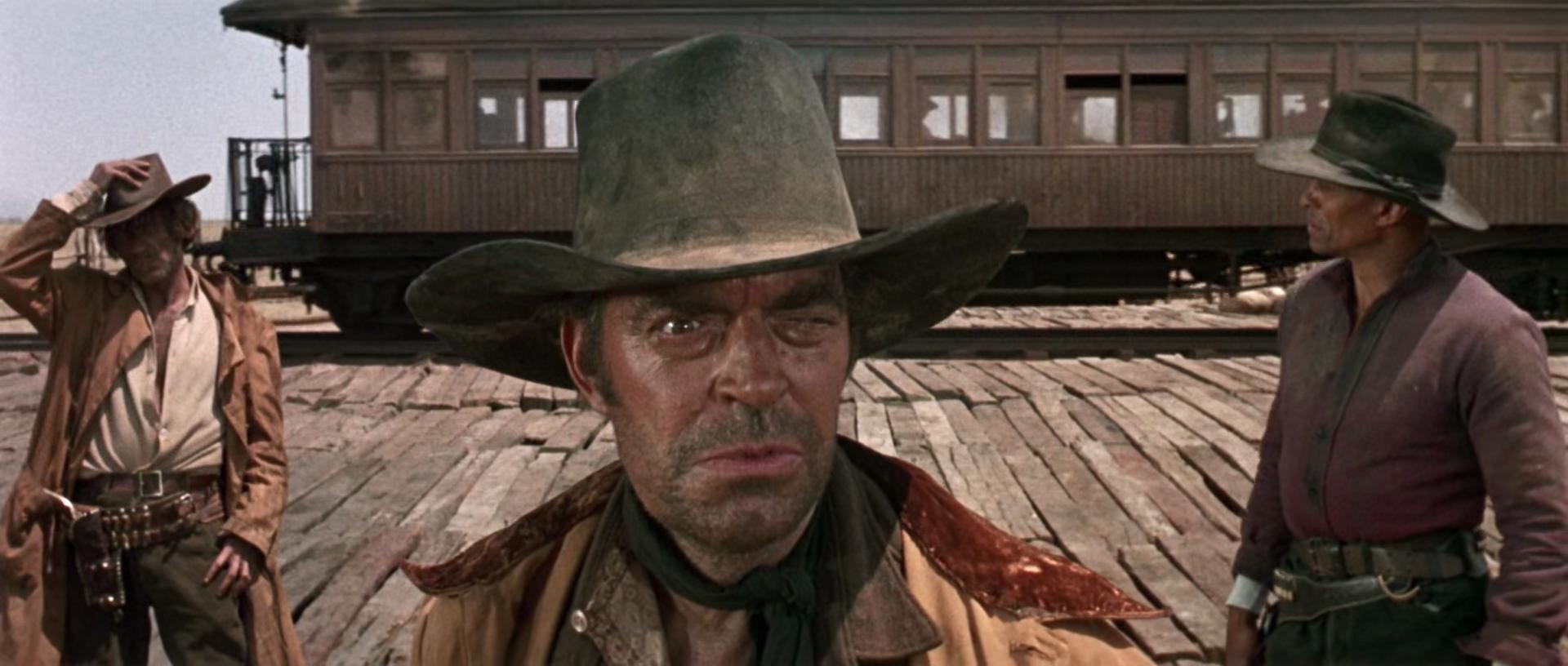 The unforgettable score by Ennio Morricone amplifies the film’s emotional depth, with themes that resonate long after the credits roll.
The unforgettable score by Ennio Morricone amplifies the film’s emotional depth, with themes that resonate long after the credits roll.
 The unforgettable score by Ennio Morricone amplifies the film’s emotional depth, with themes that resonate long after the credits roll.
The unforgettable score by Ennio Morricone amplifies the film’s emotional depth, with themes that resonate long after the credits roll.Once Upon a Time in the West is not just a Western—it’s a meditation on the passing of an era and the myths of the American frontier, cementing Leone’s legacy as a cinematic visionary.


